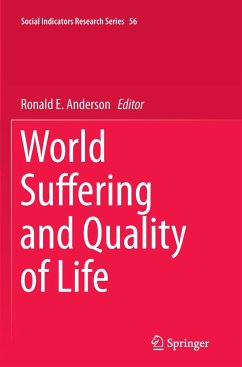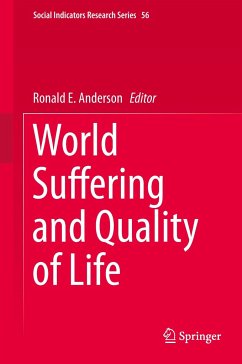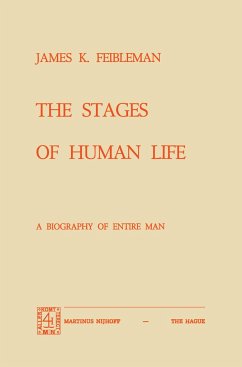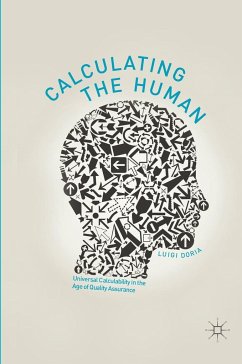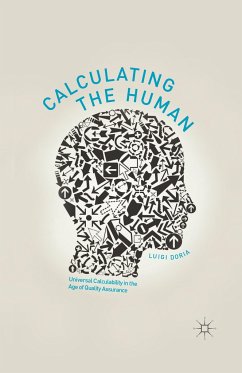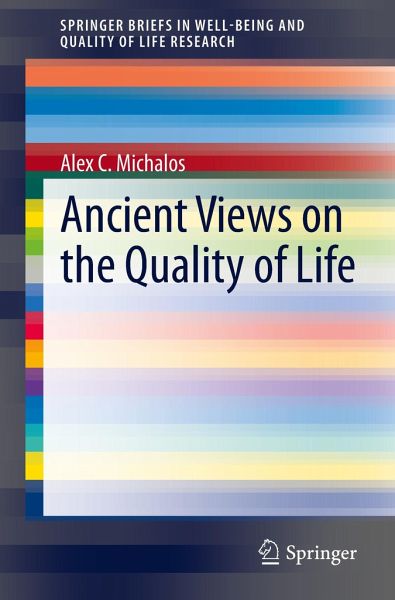
Ancient Views on the Quality of Life

PAYBACK Punkte
19 °P sammeln!
This monograph describes the contributions to our current understanding of quality of life made by the most important ancient philosophers in the Western Tradition. It does so from the point of view of a contemporary researcher in quality of life or human well-being. Revisiting ancient texts from about 600 BCE to 300 BCE, the book explores the earliest ideas in recorded western philosophical and scientific history that were significantly related to current research and understanding of the quality of life or well-being for individuals and communities. It examines the problems and solutions fou...
This monograph describes the contributions to our current understanding of quality of life made by the most important ancient philosophers in the Western Tradition. It does so from the point of view of a contemporary researcher in quality of life or human well-being. Revisiting ancient texts from about 600 BCE to 300 BCE, the book explores the earliest ideas in recorded western philosophical and scientific history that were significantly related to current research and understanding of the quality of life or well-being for individuals and communities. It examines the problems and solutions found in these texts and their connection to still current fundamental issues and questions such as: 'What is a good life?', 'What is the best sort of person to be?' 'How can one tell if one's society is making progress to some sort of desirable state or falling backwards?' The book shows that across time and across many cultures, the human species bears some remarkable similarities.





